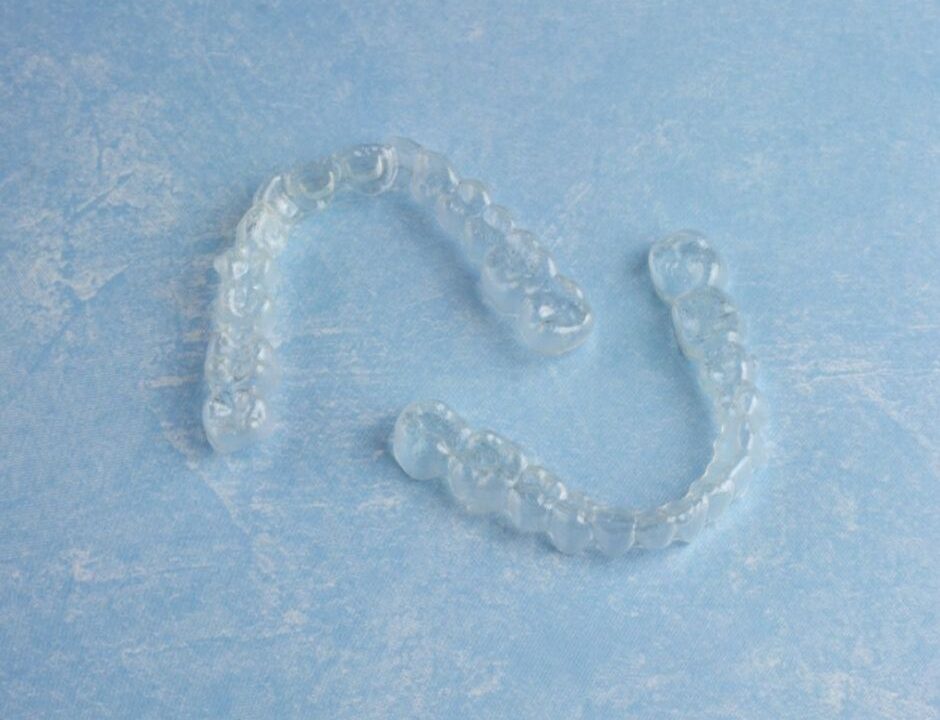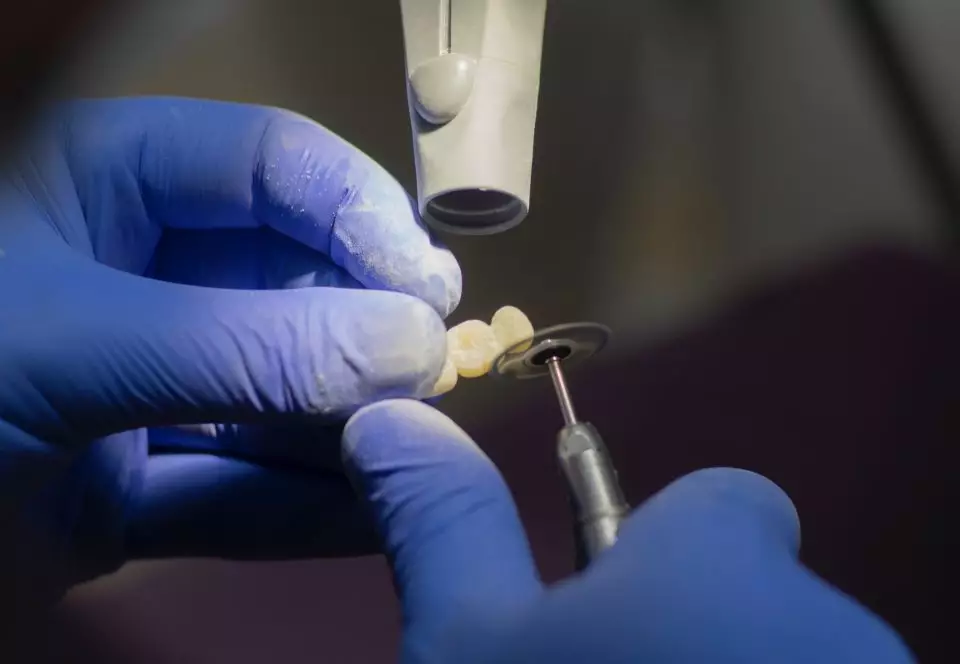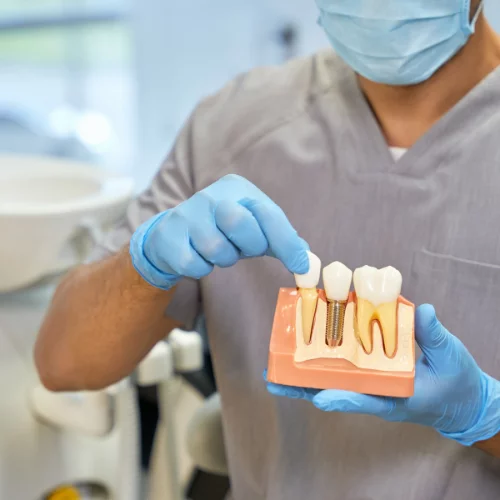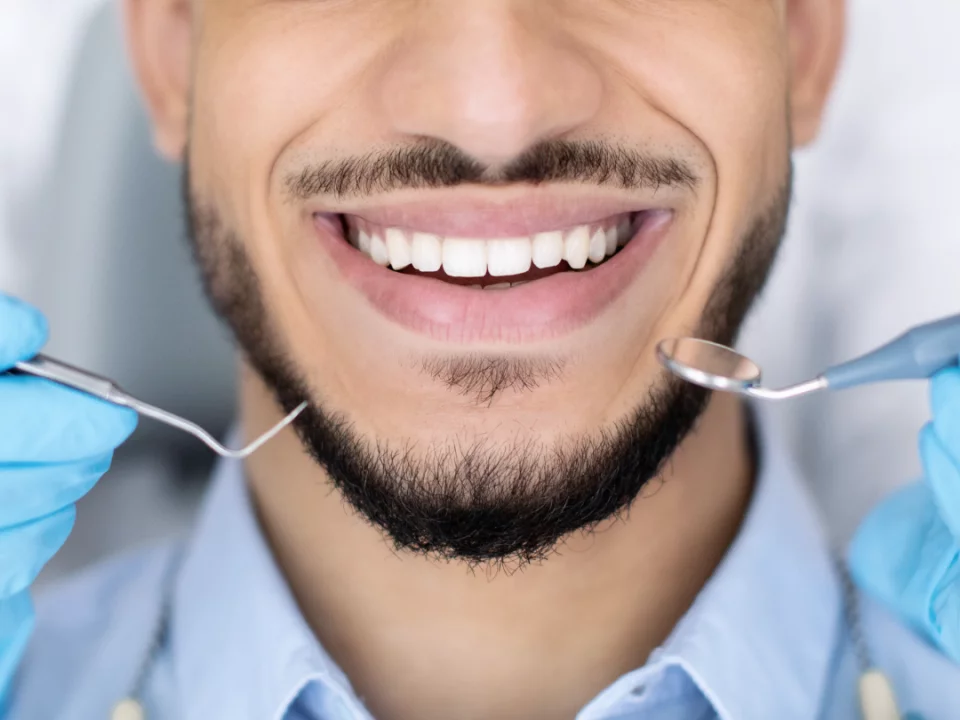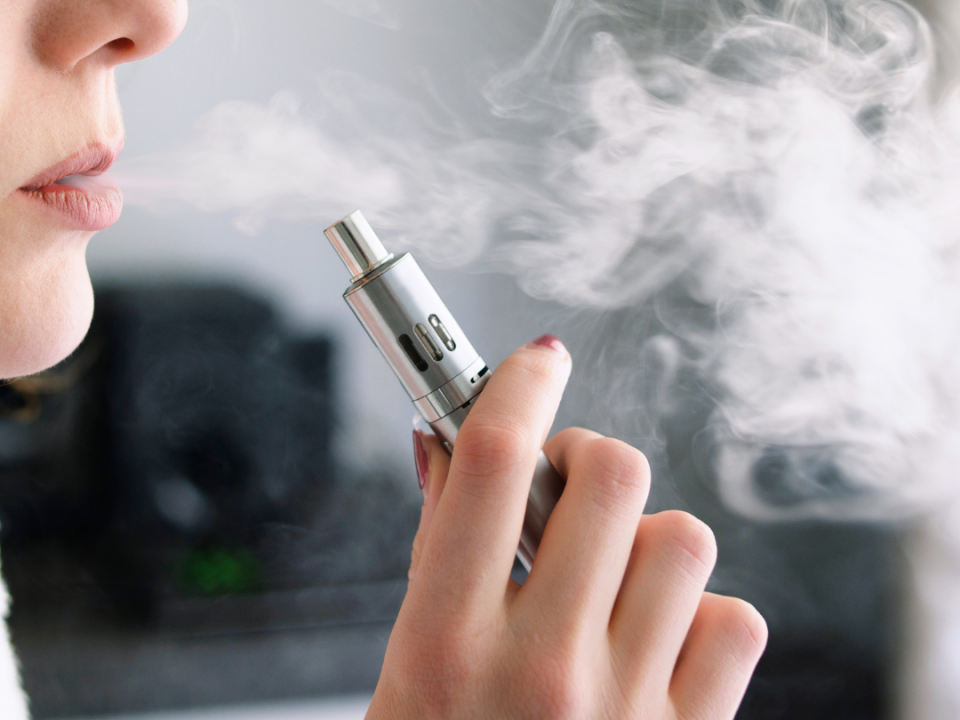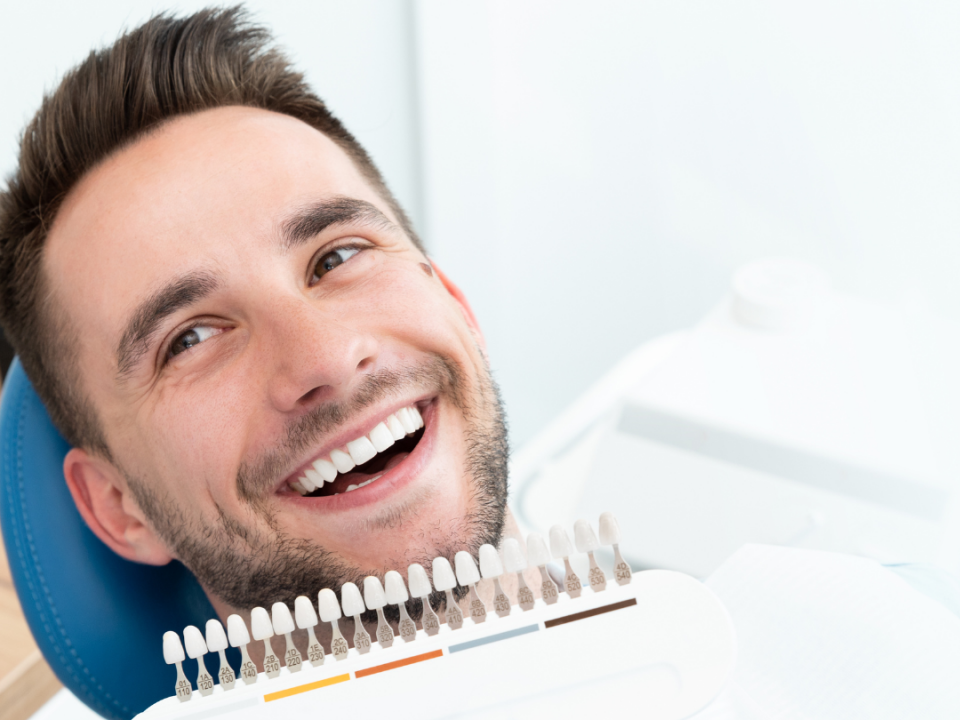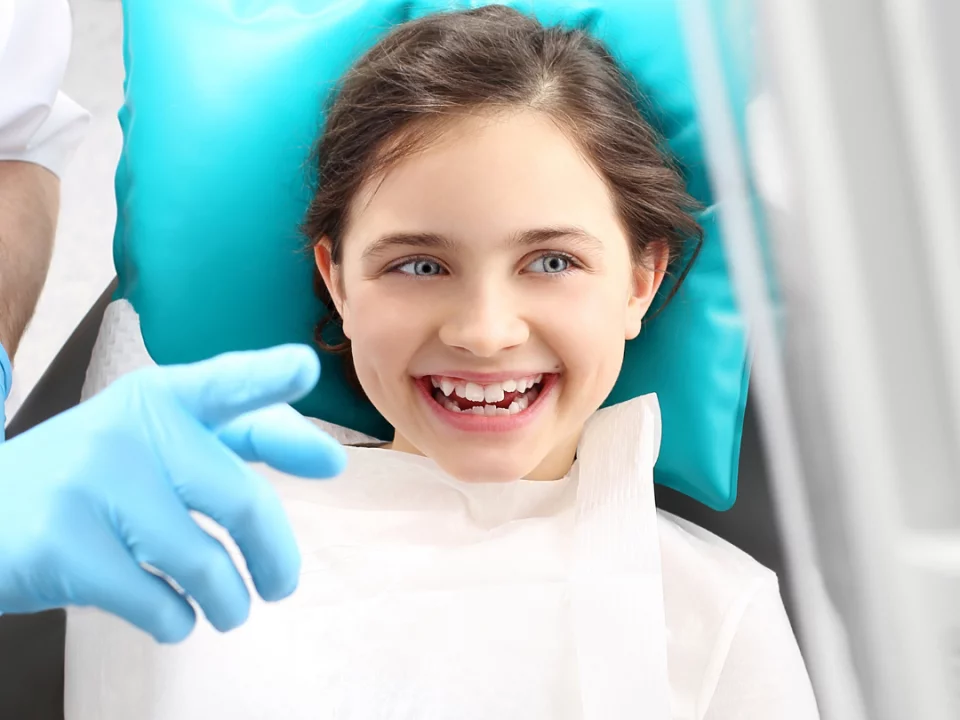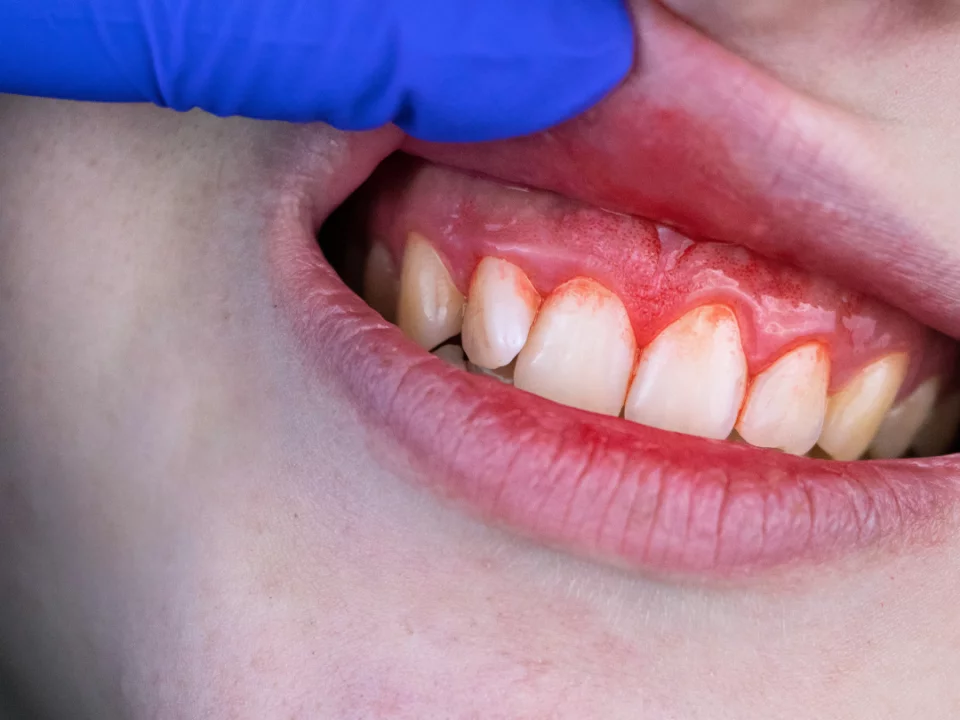April 22, 2024
If you’ve heard about the eating restrictions needed for traditional braces, like not eating hard foods, you may be wondering can you eat with Invisalign? The […]
April 15, 2024
Sleep apnea is becoming an increasingly common sleep disorder in today’s fast-paced society. It affects affecting millions of adults and children in the USA. Over 18 […]
April 3, 2024
Are you thinking about dental implants to restore your smile and gain confidence? In this guide, we will take you step-by-step through the dental implant process […]
March 18, 2024
Key Takeaways: Dental Implants Provide Long-Lasting Solutions: Dental implants offer a long-term and resilient solution for tooth replacement. Their permanent fixtures become part of your jawbone, […]
March 18, 2024
Key Takeaways: Front Teeth Are an Important Component: Front teeth play an essential role in dental health, aesthetics, and self-confidence. They help ensure proper jaw alignment, […]
February 29, 2024
Key Takeaways: Understanding Dental Implants: Dental implants are sophisticated devices designed to mimic natural teeth using titanium posts implanted into the jawbone surgically. Their purpose is […]
February 29, 2024
Key Takeaways: Invisalign Provides Concealed and Comfortable Orthodontic Treatment: Invisalign’s revolutionary system of clear aligners provides a discreet yet comfortable orthodontic solution to straighten teeth without […]
December 21, 2023
Your healthy teeth may function fine but may not look as good as you want them to. Cosmetic dentistry focuses on enhancing the overall appearance of […]
December 21, 2023
Because vape pens do not contain the same extra ingredients that cigarettes have, some people think that smoking them causes less harm to the teeth. However, […]
November 30, 2023
While everyone wants to have healthy-looking, white teeth, you should use caution with whitening products. You can whiten your teeth too frequently or use too much […]
November 30, 2023
Do you want a great way to help keep your kid’s teeth healthy as they grow? Dental sealants could help prevent cavities in your child’s mouth, […]
October 31, 2023
Patients often come into dentists’ offices with the question, “Why do my gums bleed when I floss?” The answer differs for everyone. Bleeding gums after flossing […]
Follow our blogs on dental care and learn about oral health and latest dental technologies.
Our blogs on dental care will help you in upgrading your knowledge about oral health and dentistry here.
Stay tuned for our latest blog post.

